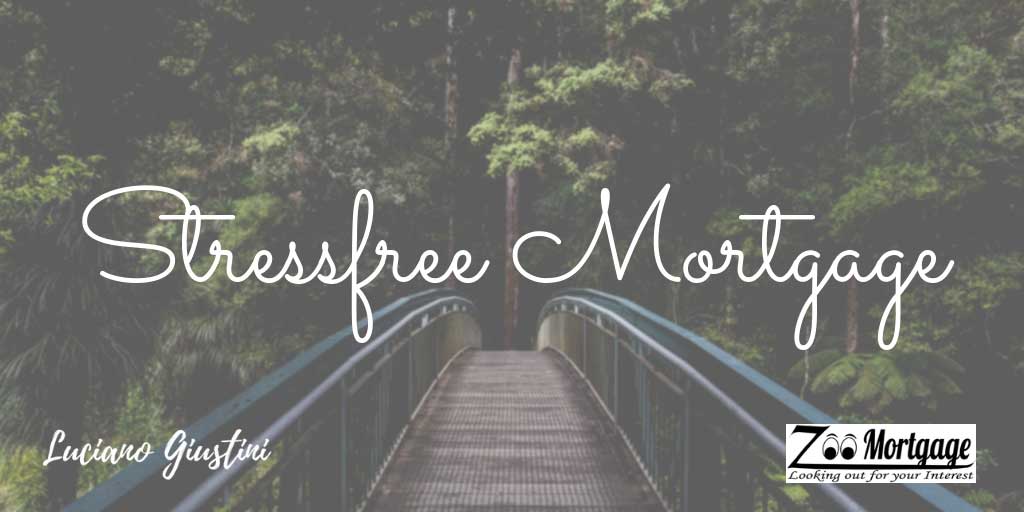
Luciano Giustini
Mortgage Agent
416-807-5630 | Email
Why buying your first home during inflationary times is good
Making Dreams A Reality!
Quick Links
Latest News
Blog
Blog Post Categories
Prepare for Mortgage Renewal in 2024 and 2025: Tips for GTA Homeowners (1)Announcements (4)
Financing (3)
First Time Home Buyers (10)
Home Ownership (5)
Miscellaneous (14)
Mortgages (4)
Real Estate (8)
Blog Post Archives
August 2025 (1)December 2024 (3)
November 2024 (1)
July 2024 (1)
June 2024 (1)
January 2022 (1)
April 2020 (1)
March 2020 (2)
February 2020 (2)
January 2020 (2)
December 2019 (1)
November 2019 (2)
October 2019 (2)
September 2019 (2)
August 2019 (2)
July 2019 (2)
June 2019 (2)
May 2019 (2)
April 2019 (2)
March 2019 (2)
February 2019 (2)
January 2019 (2)
December 2018 (2)
November 2018 (2)
October 2018 (2)
September 2018 (2)
August 2018 (1)
October 2011 (2)
Are you a first-time homebuyer concerned about rising inflation? It's understandable to have some reservations, but rest assured that there are still plenty of reasons why buying your first home is a great idea, even during inflationary times.
Firstly, Canada's housing market has historically been stable and resilient, even during economic downturns. This means that homeownership remains a reliable investment in the long run, and you can feel confident in your decision to buy a home.
Secondly, the Canadian government offers programs and incentives to help first-time homebuyers get into the market, such as the First-Time Home Buyer Incentive and the Home Buyers' Plan. These programs can help you get a foot in the door and make homeownership more accessible and affordable.
Additionally, as inflation drives up the cost of living, owning a home can provide a sense of stability and predictability in your monthly expenses. Unlike renting, where landlords may increase your rent at any time, owning your home means that your monthly mortgage payment will remain the same for the duration of your mortgage term.
Finally, by owning a home, you can build equity and wealth over time, which can help you achieve your long-term financial goals.
As a mortgage broker, I can help you navigate the Canadian housing market and find the best possible mortgage deal for your unique financial situation., now could be the perfect time to take the leap into homeownership.
So if you're a first-time homebuyer, don't let rising inflation discourage you from achieving your dream of homeownership. Contact me today to schedule a consultation and start your journey towards owning your first home.
Investing in real estate has long been a path to wealth-building. Real estate is an asset that can provide both ongoing income and value appreciation, making it attractive to those who seek long-term growth and mitigated risk.

For many investors, the approach is the same: Acquire a property that can be rented out for recurring income, then sold at a profit. However, there exist some real estate investing strategies that sometimes fly under the radar, so to speak. Here are three lesser-known real estate investing strategies that might pay off in a big way:
Short-term rentals
There are plenty of investors who like the idea of perpetual income and the security of signing tenants to long-term leases. However, for that security, they might be trading away some of their potential income.
Thanks to a few online rental businesses, short-term rentals are now accessible to more property owners. And short-term rentals, which charge a nightly rate - more like a hotel - can often provide more rental income than properties rented out over longer terms.
For example, a place in a desirable location with a ton of tourist demand might be rented for $1,000 per month on a long-term lease but go for $100 a night as a short-term rental. If such a property was filled with visitors just half the days in any given month, the investor is looking at 50 percent more rental income ($1,500 vs. $1,000).
Student housing
Properties on or near college campuses can often generate more income than similar properties not near campus. The reason: The college housing model is set up for property owners to rent space not just per month but per student.
That means a place that can house, say, five students generates more income per month than a similar residence that sleeps only three. If the investor can convert more living space into additional sleeping space, he or she can increase the monthly income from a property.
Like short-term rentals, the income potential is more than in a traditional long-term lease. A $1,000-per-month traditional property might be one for which students pay $300 a month each, so having four or five students means income of $1,200 or $1,500 instead.
Vacant land
Land without buildings might not be the most attractive real estate investment in terms of income, but land is durable, versatile and scarce. As Mark Twain once said: 'They're not making any more of it.'
Vacant land typically has lower acquisition and carrying costs than does land with structures on it. Those lower costs can make land attractive to 'flippers' who seek to buy low and sell high. And just like with buildings, land can be had at auction or similar distressed sales. An investor might have to do more legwork to find vacant land at bargain-basement prices, but those deals are out there.
Finding a piece of vacant land with a current owner who has no plans for it can be lucrative if it can be developed down the road. On the income end, land can be leased to farmers, hunters or other business owners who need it.
The bottom line is that it's no secret that people have built considerable wealth throughout history by investing in real estate, and there are some less common ways to go about it that might provide greater returns.

